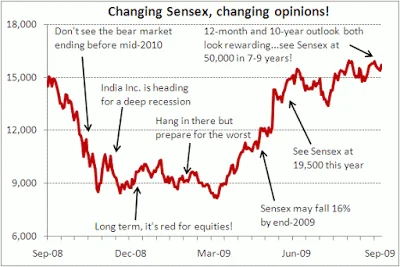The Algorithmic Cookie Jar: Can AI Really Know What We Want?
Okay, let's talk about cookies. Not the kind you dunk in milk (though those are pretty great too), but the digital kind that follow us around the internet. You've seen the notices, right? The ones that pop up on every website, asking for your permission to track you? It's become so commonplace that we barely even register it anymore, just click "Accept All" and move on. But what are we accepting, really? And what happens when AI gets thrown into the mix?
We're living in a world increasingly shaped by algorithms that are designed to anticipate our needs, predict our desires, and serve us content before we even know we want it. From personalized news feeds to targeted advertising, AI is constantly learning from our digital footprints, piecing together a profile of who we are and what we like. And cookies are one of the primary tools it uses to do this.
These little data packets, ostensibly designed to improve our online experience, have become the building blocks of a vast surveillance network. They track our browsing habits, our purchasing decisions, our social media interactions, and so much more. All this information is fed into AI algorithms, which then use it to create increasingly sophisticated models of our behavior. It's like having a digital shadow that follows us everywhere we go, constantly whispering recommendations in our ear.
The Promise and the Peril
Now, there's a certain convenience to all this. Who wouldn't want a personalized shopping experience, tailored recommendations, or content that aligns perfectly with their interests? But let's not kid ourselves, this isn't just about convenience. It's about control. The more AI knows about us, the more power it has to influence our decisions, shape our opinions, and ultimately, control our behavior. What is our role in this story?
Think about it – every click, every search, every like is a data point that contributes to our digital profile. And as AI becomes more sophisticated, it's able to extract increasingly subtle insights from this data. It can predict our moods, identify our vulnerabilities, and even anticipate our future actions. The speed of this is just staggering—it means the gap between today and tomorrow is closing faster than we can even comprehend.
And that raises some pretty serious ethical questions. What happens when AI knows us better than we know ourselves? What happens when our choices are no longer our own, but rather the product of algorithmic manipulation? And what happens to our privacy in a world where every aspect of our lives is tracked, analyzed, and monetized?

We're essentially handing over the keys to our digital identities to these algorithms, trusting them to use our data responsibly. But can we really trust them? Can we trust the companies that control them? And what safeguards are in place to prevent abuse?
This isn't just about targeted advertising. This is about the potential for AI to shape our society in profound and unpredictable ways. Imagine a world where our news feeds are curated to reinforce our existing beliefs, where dissenting voices are silenced, and where critical thinking is replaced by algorithmic echo chambers.
This is where regulations come into play, and where we, as a society, need to have a serious conversation about the ethical implications of AI and data privacy. We need to demand transparency, accountability, and control over our own data. We need to ensure that AI is used to empower us, not to control us.
This is the kind of breakthrough that reminds me why I got into this field in the first place. To be able to witness this kind of change, to be able to be a part of that change, is inspiring. However, it's important to note that the AI sector can be volatile, as seen in reports of recent declines in AI stocks Dow slides 300 points as AI stocks resume their decline, Nasdaq falls 1%: Live updates.
The Dawn of Algorithmic Awareness
We need to be aware of the algorithmic forces that are shaping our world. We need to understand how AI works, how it collects our data, and how it uses that data to influence our decisions. And we need to demand that these algorithms are designed and used in a way that respects our privacy, protects our autonomy, and promotes the common good.
The future is not predetermined. It's up to us to shape it. And if we want to create a future where AI empowers us, rather than controls us, we need to start by taking control of our own data. We need to become active participants in the algorithmic revolution, rather than passive observers.
So, What's the Real Story?
This isn't some dystopian sci-fi scenario. This is happening right now. The algorithmic cookie jar is open, and AI is feasting on our data. It's time for us to wake up and realize what's at stake. It's time for us to take control of our digital destinies. It's time to create a future where technology serves humanity, not the other way around. It's time to start demanding transparency, accountability, and ethical AI. The future we want won't build itself.









